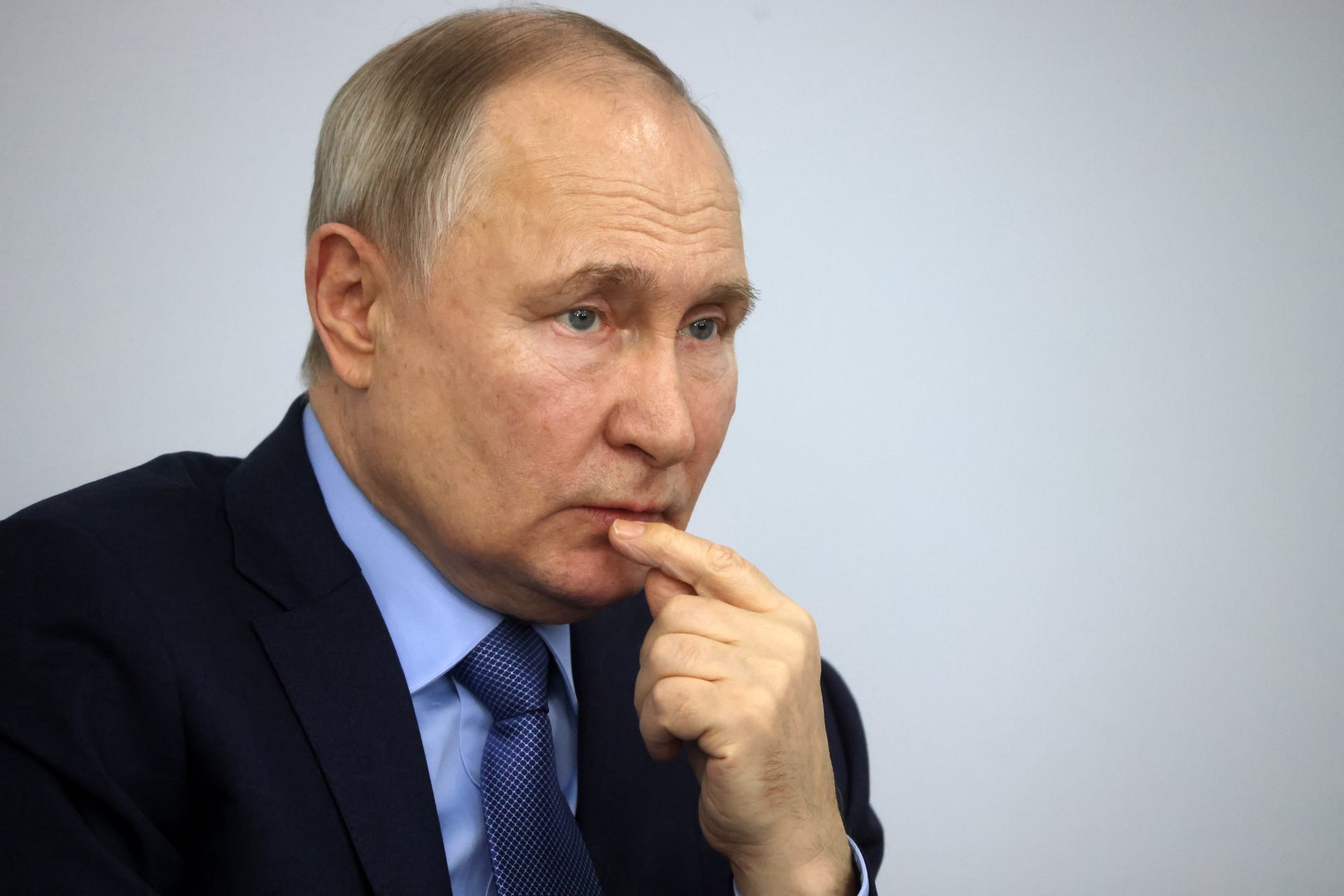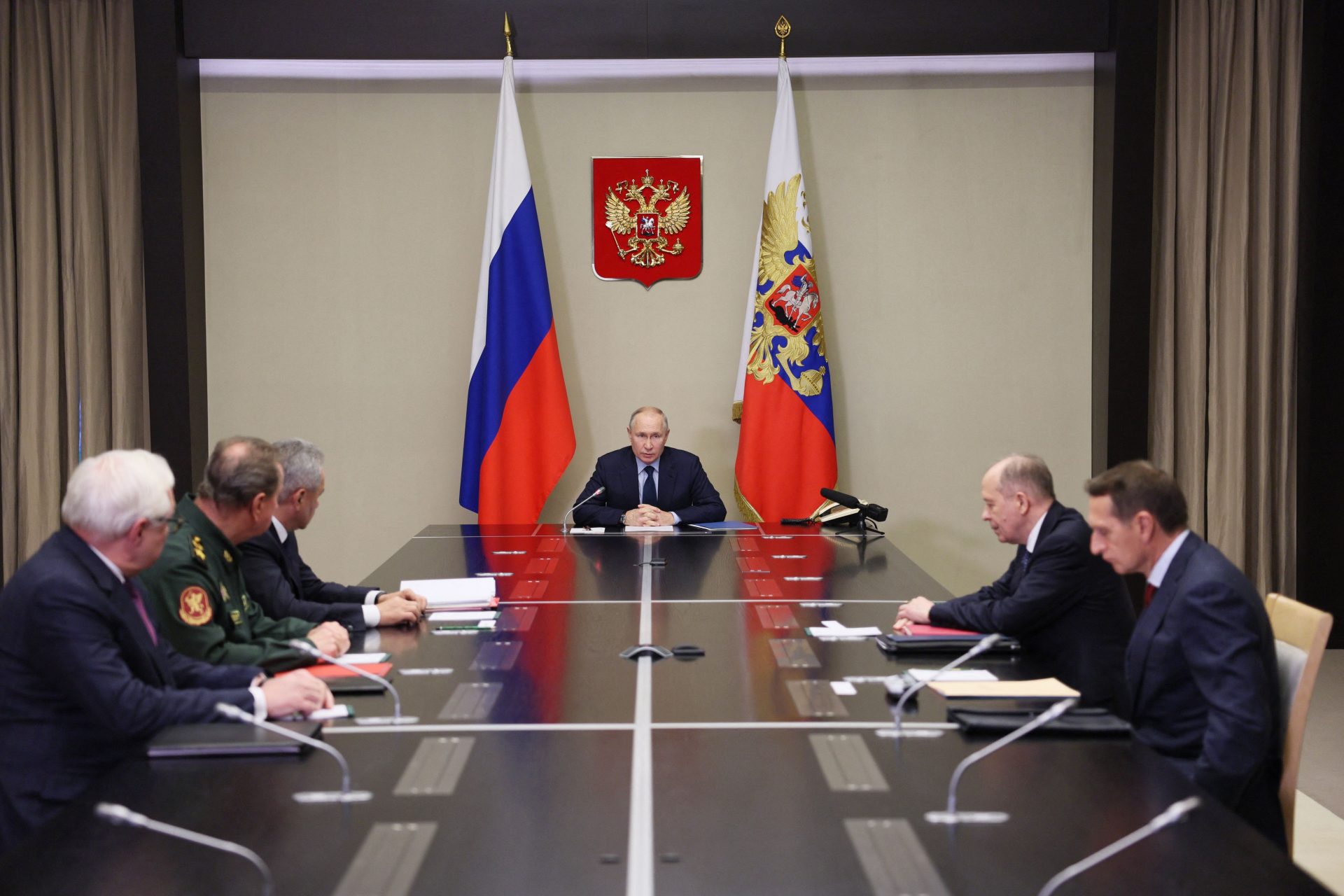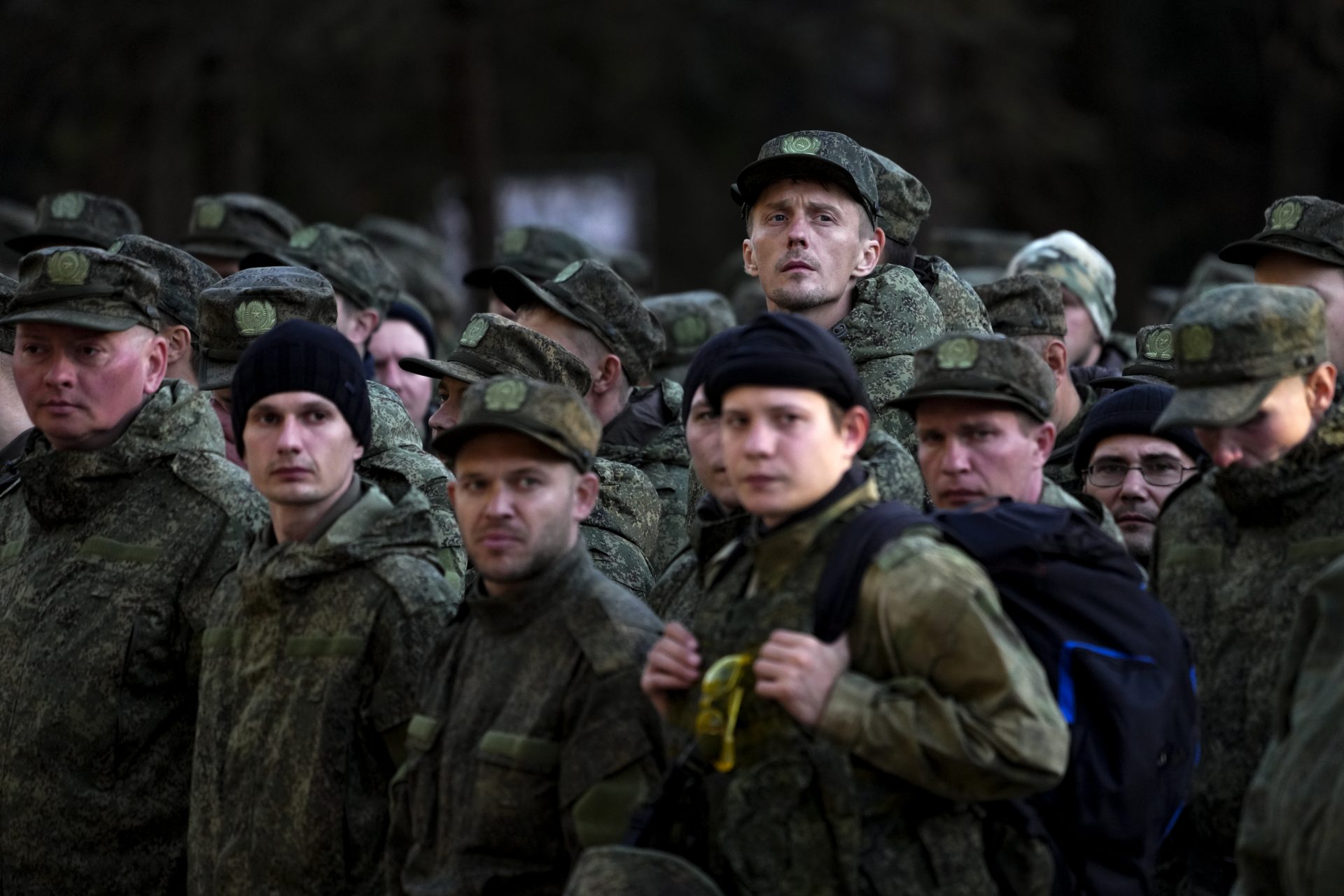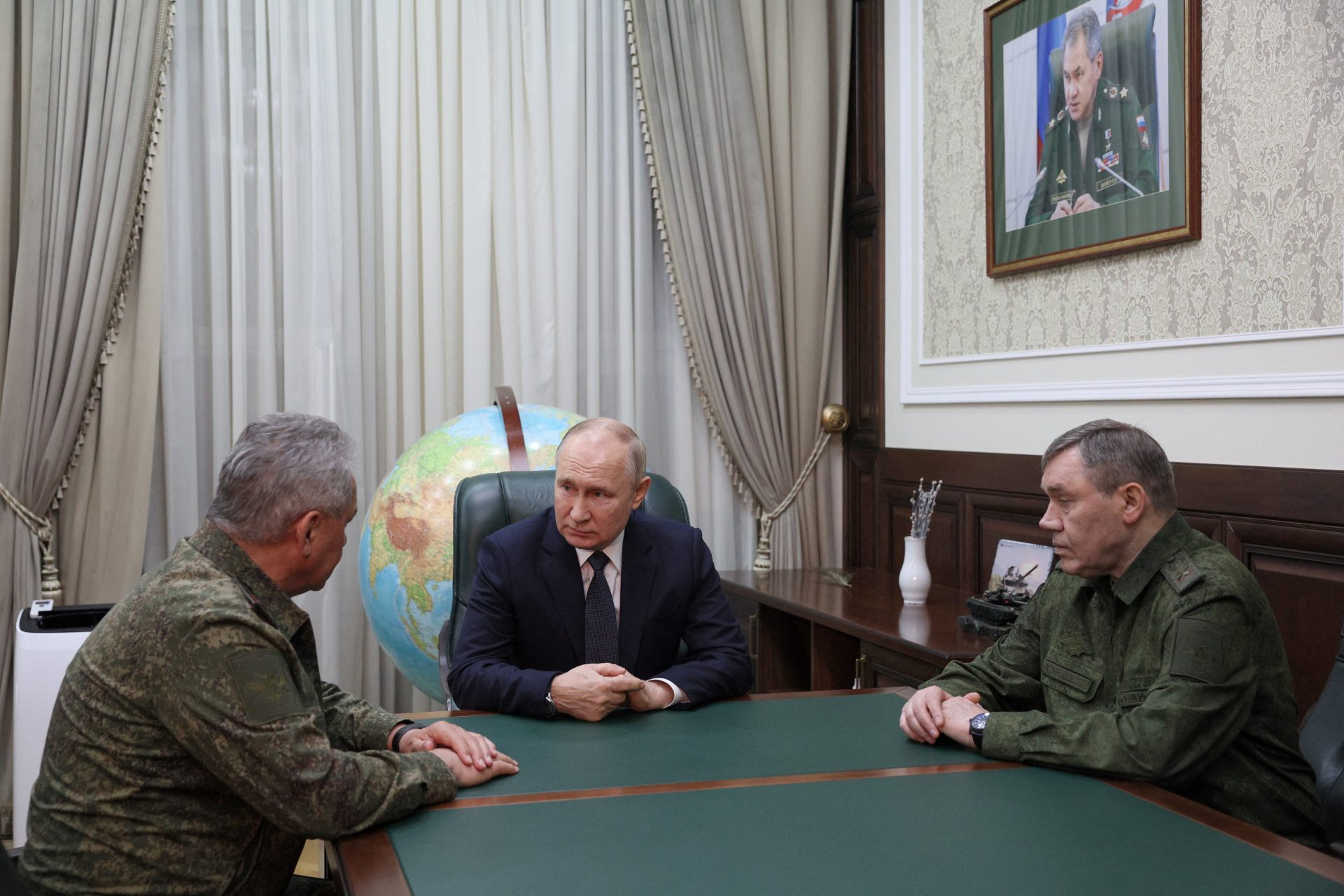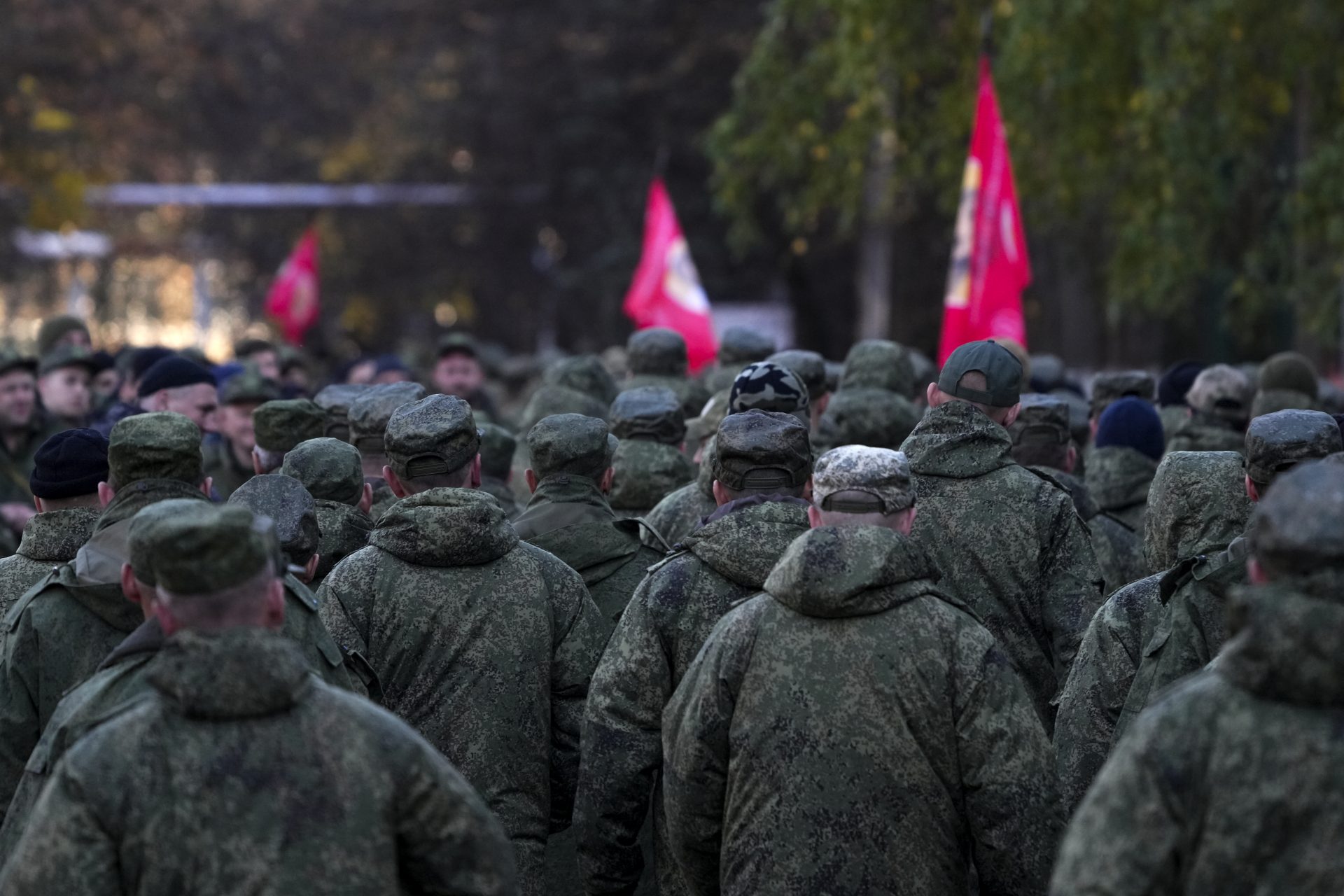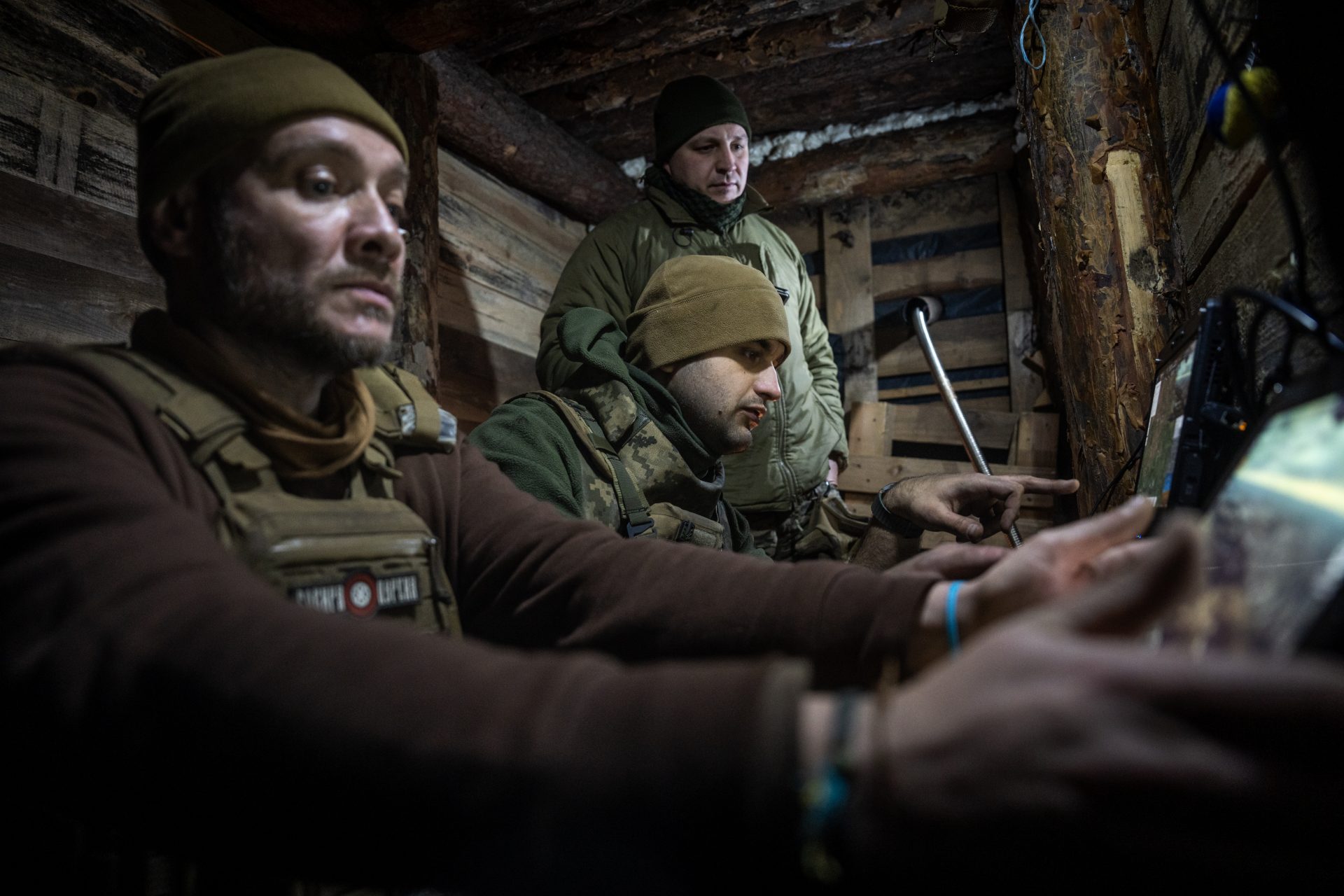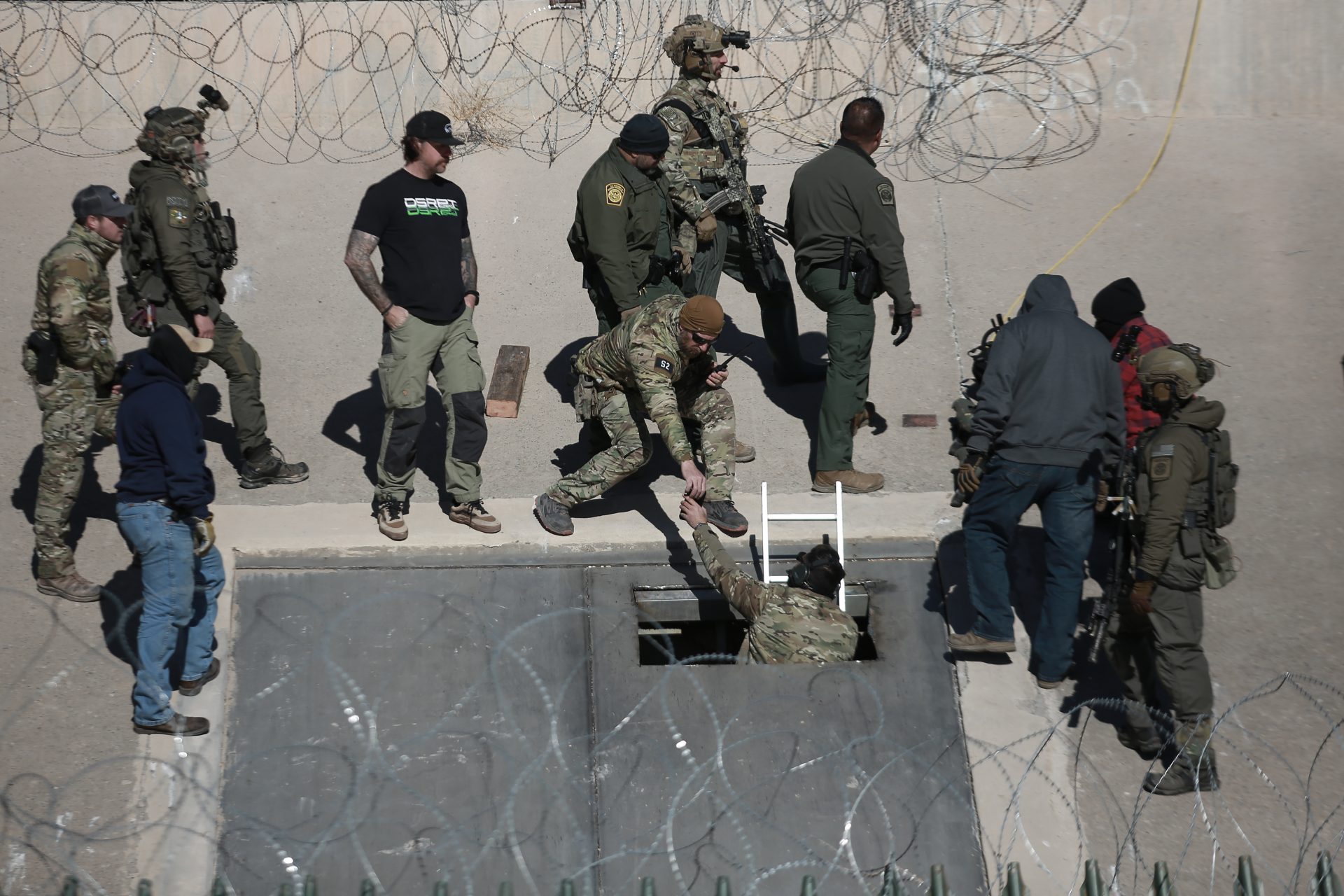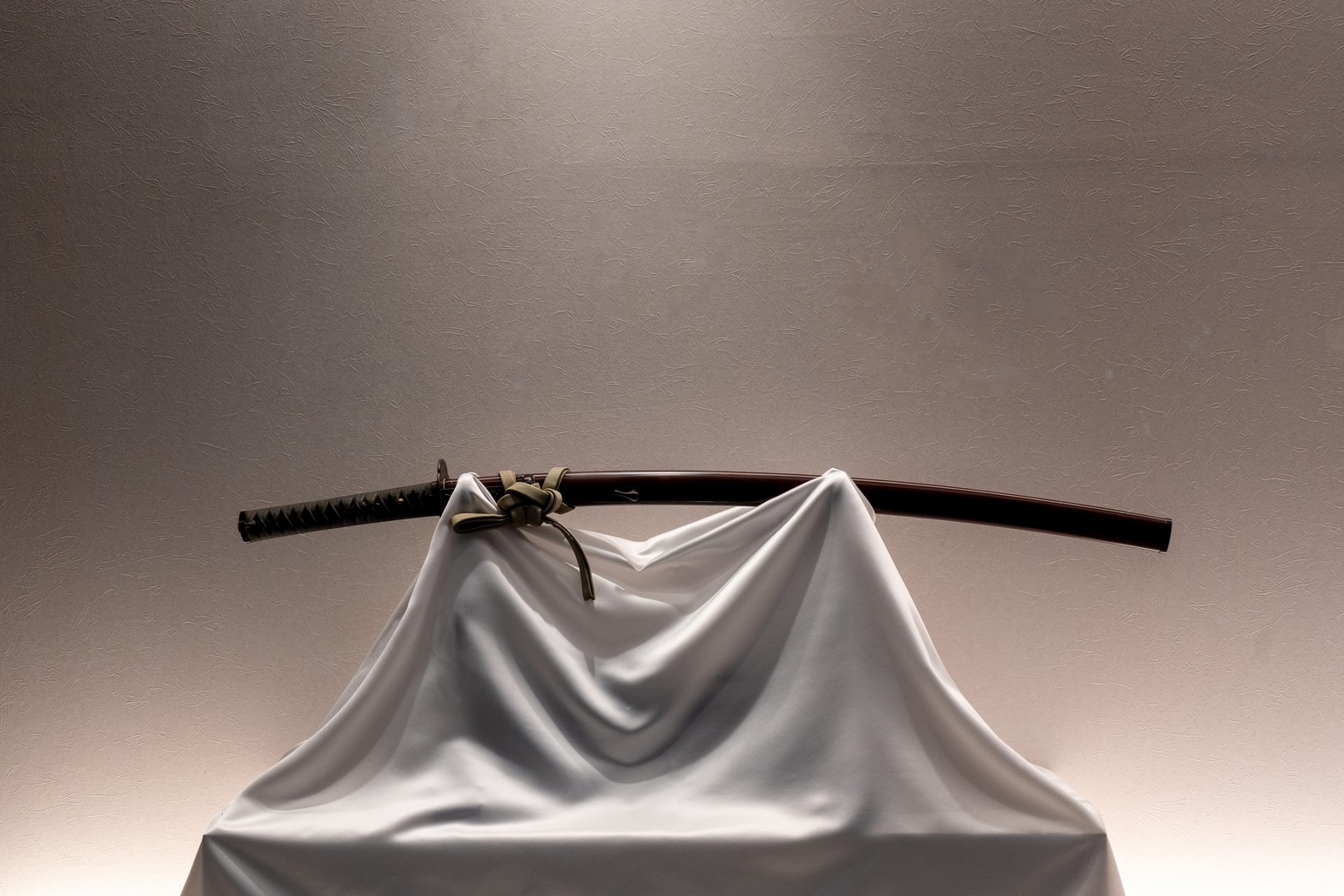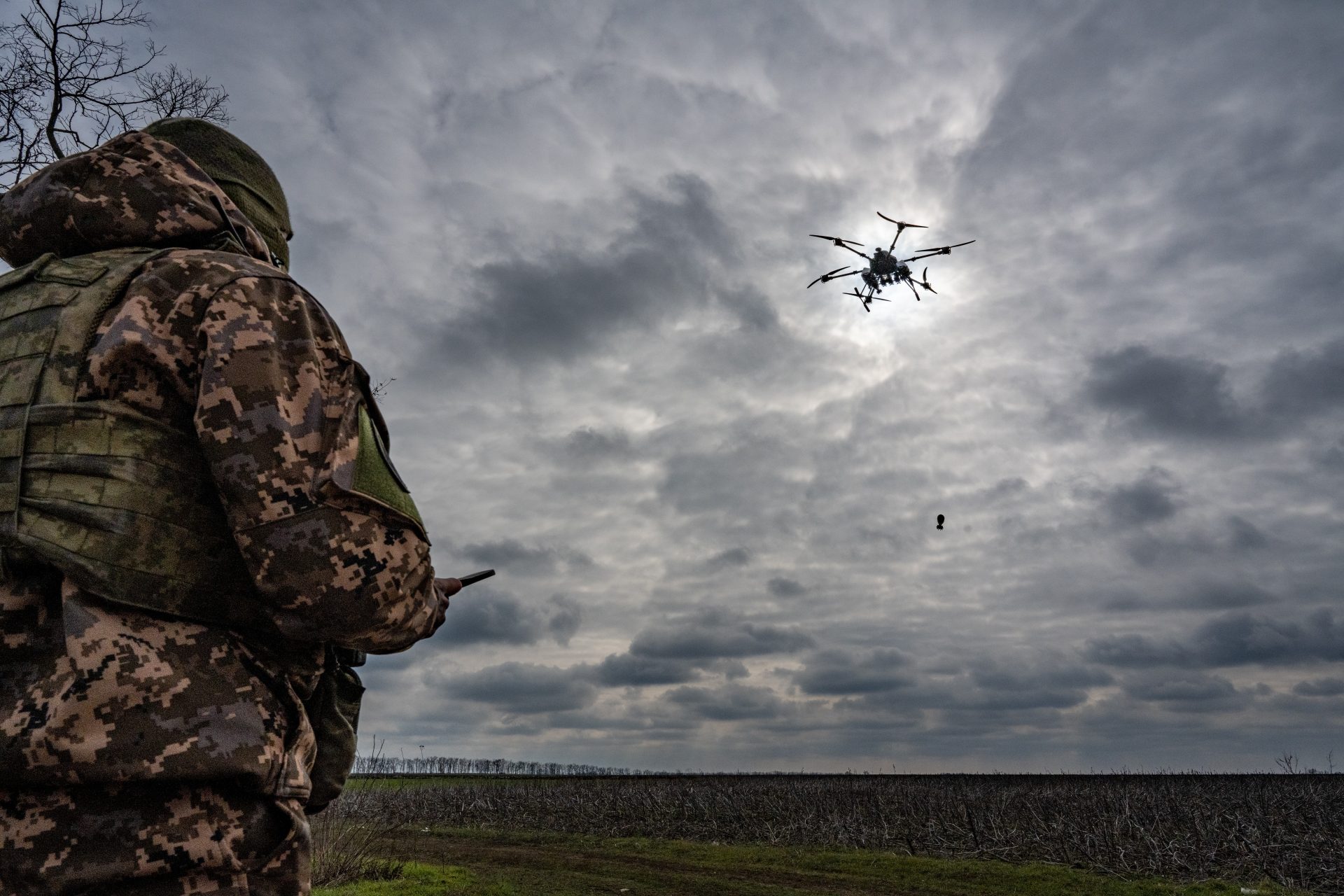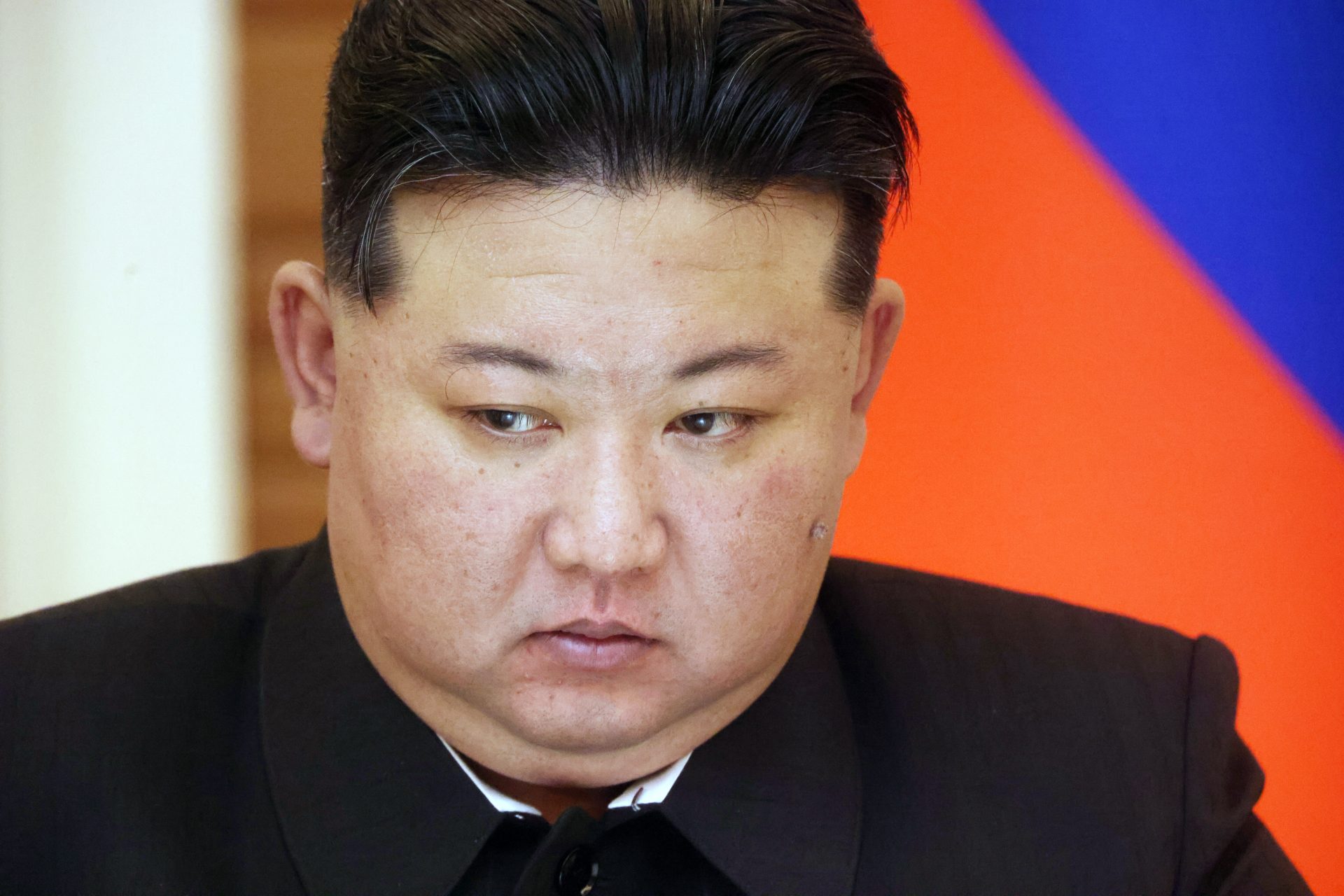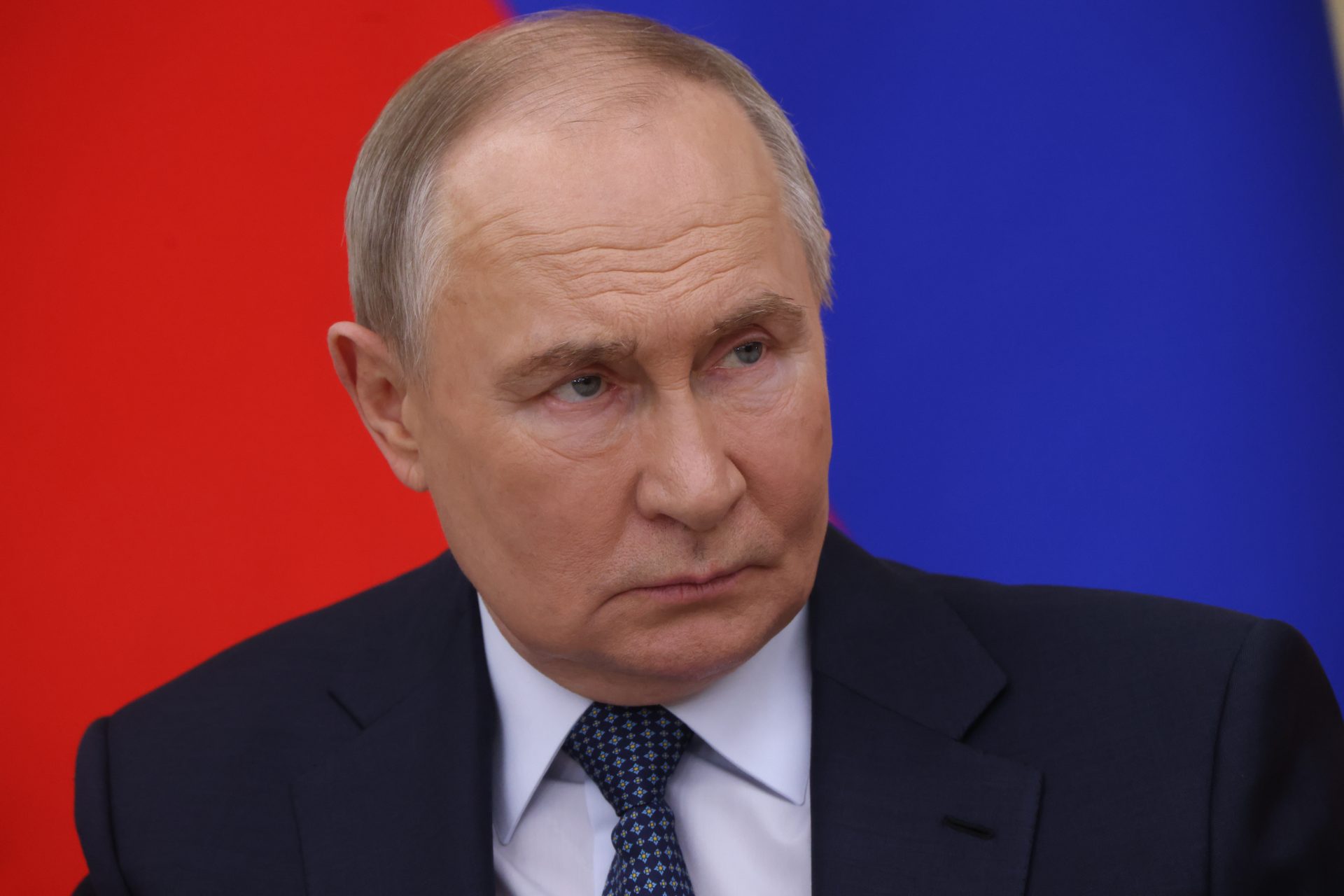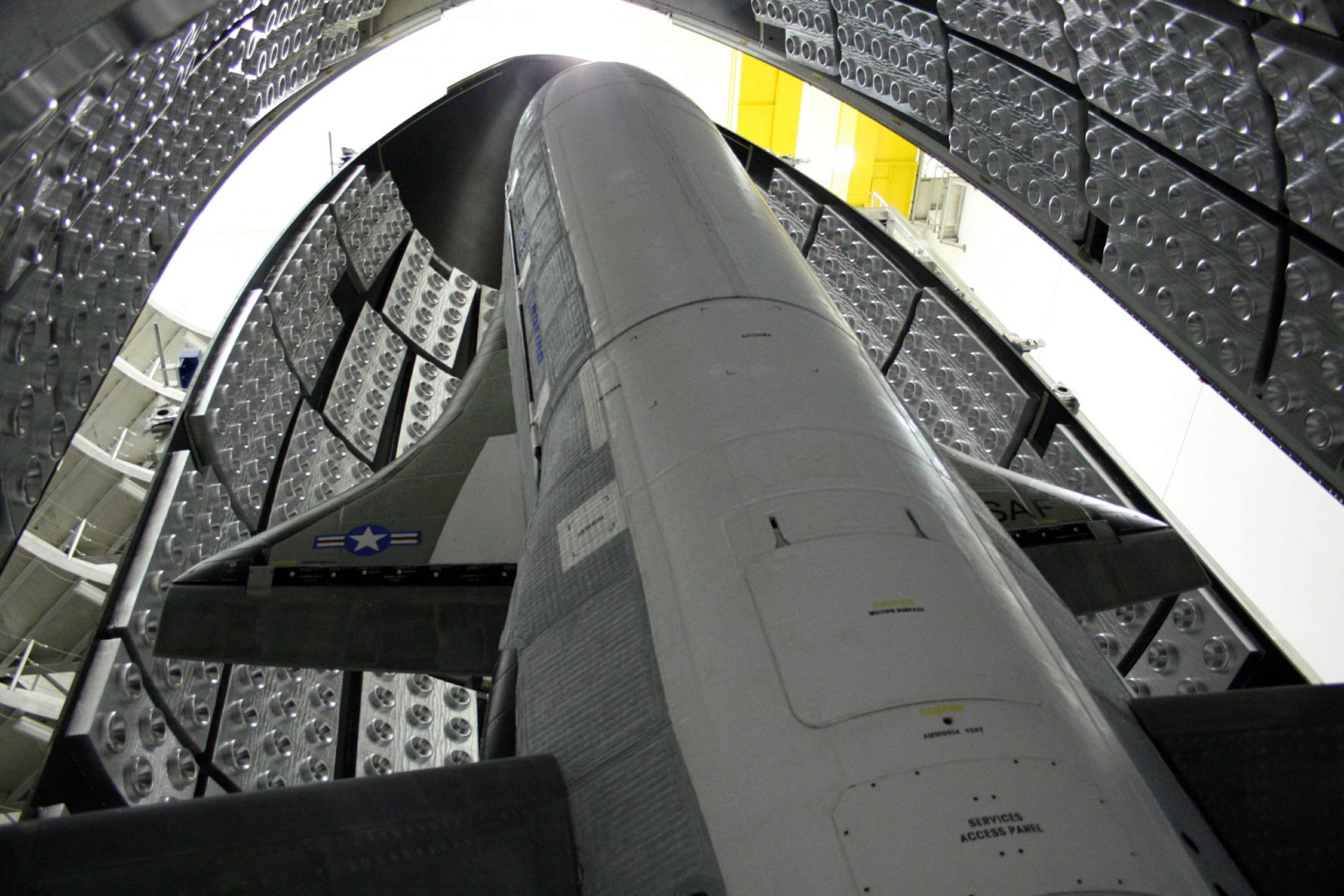These were Russia's biggest failures during the early invasion of Ukraine
Long before Vladimir Putin ordered the invasion of Ukraine, Russia was known all around the globe as the world's second-greatest military power, sitting only behind the United States. However, the early weeks of the invasion destroyed that image.
Instead of quickly conquering Ukraine, Russian forces were stopped after several weeks of hard fighting and withdrew their northern forces in Kyiv and Zhytomyr Oblasts to focus its strength on capturing Eastern Ukraine.
As time went on, the major issues inherent in the Russian Armed Forces were put on full display for the world and news reports began to reveal the true state of Moscow's military might and the mistakes that were made that led to Putin's early defeats.
Many of the problems that Russia faced during the early weeks and months of the war were highlighted by an in-depth 2022 New York Times report as well as other global news outlets, which revealed the state of the Russian Armed Forces as they invaded Ukraine.
For example, one of the first pieces of information indicating that Russia was not entirely prepared for the war it started was the news that the soldiers sent to fight in Ukraine did not know they were actually marching to war.
“Russian soldiers carrying out the invasion of Ukraine were not told they were going to war and were lied to about what they would face, according to an increasing number of firsthand accounts,” wrote Insider journalist Mia Jankowicz on March 7th, 2022.
A New York Times investigation in March 2022 found that a number of captured Russian infantry and officers had no idea that their deployment to the borders of Ukraine was anything more than a routine military exercise.
“Lieutenant [Dmitry] Kovalensky said he learned Russia would invade Ukraine only the evening before the tank columns began moving,” wrote New York Times journalist Andrew Kramer in his report on what Russian soldiers faced during the invasion.
“Soldiers at the rank of sergeant and lower were not told where they were driving until after crossing the border,” Kramer added.
However, Russia not informing its soldiers about the upcoming war they would be fighting in paled in comparison to the fact that many soldiers weren’t sent with sufficient supplies to fight the battles they found themselves in.
In the New York Times report detailing Putin's early failures, the authors noted that Russian soldiers apparently went into battle without only a small amount of food and bullets and were forced to use Wikipedia to learn to use some of the weapons they were carrying.
Russian soldiers also lacked proper maps for their initial invasion and relied on long outdated information from the former Soviet Union.
In an interview with Britain’s Evening Standard, Admiral Lord Alan West said, “we are also seeing an awful lot of the Russian forces using quite antiquated mapping.”
“In some cases,” Admiral West added, Russian soldiers were “using mapping from the 1970s, which of course does not in any way represent the sort of target set that they are attempting to prosecute in Ukraine.”
Improperly encrypted communications and the open use of personal cellphone phones for strategic planning also caused major problems for Russian forces as they invaded Ukraine.
“Russian troops in Ukraine have relied, with surprising frequency, on unsecured communication devices such as smartphones and push-to-talk radios,” wrote Washington Post journalists Alex Horton and Shane Harris.
Horton and Harris added that the use of phones and radios left Russian units “vulnerable to targeting… further underscoring the command-and-control deficiencies that have come to define” Moscow’s invasion in Ukraine.
Russian forces were also given “wildly unrealistic timetables” for achieving their strategic goals according to the New York Times report on the early failures of the Russian Armed Forces in Ukraine.
However, the biggest Russian failures in Ukraine were revealed to be the country’s long-term issues with corruption at every level of its military apparatus. “Corrupt practices have hollowed out not only the armor of its tanks but also the true numbers of its fighting forces,” wrote U.S. News journalist Paul Shinkman.
“[Russia’s] ability to equip its front-line troops as well as for its top commanders to provide honest assessments of the state of the material and active duty and reserve forces they oversee,” Shinkman added. Decades of corruption fostered a military force that was not equipped for the task it was given in February 2022.
Soldiers were lied to about their mission, sent to without the proper training or provisions, and were expected to conquer a nation using outdated maps and information. The invasion was doomed to fail before it even started.
More for you
Top Stories



